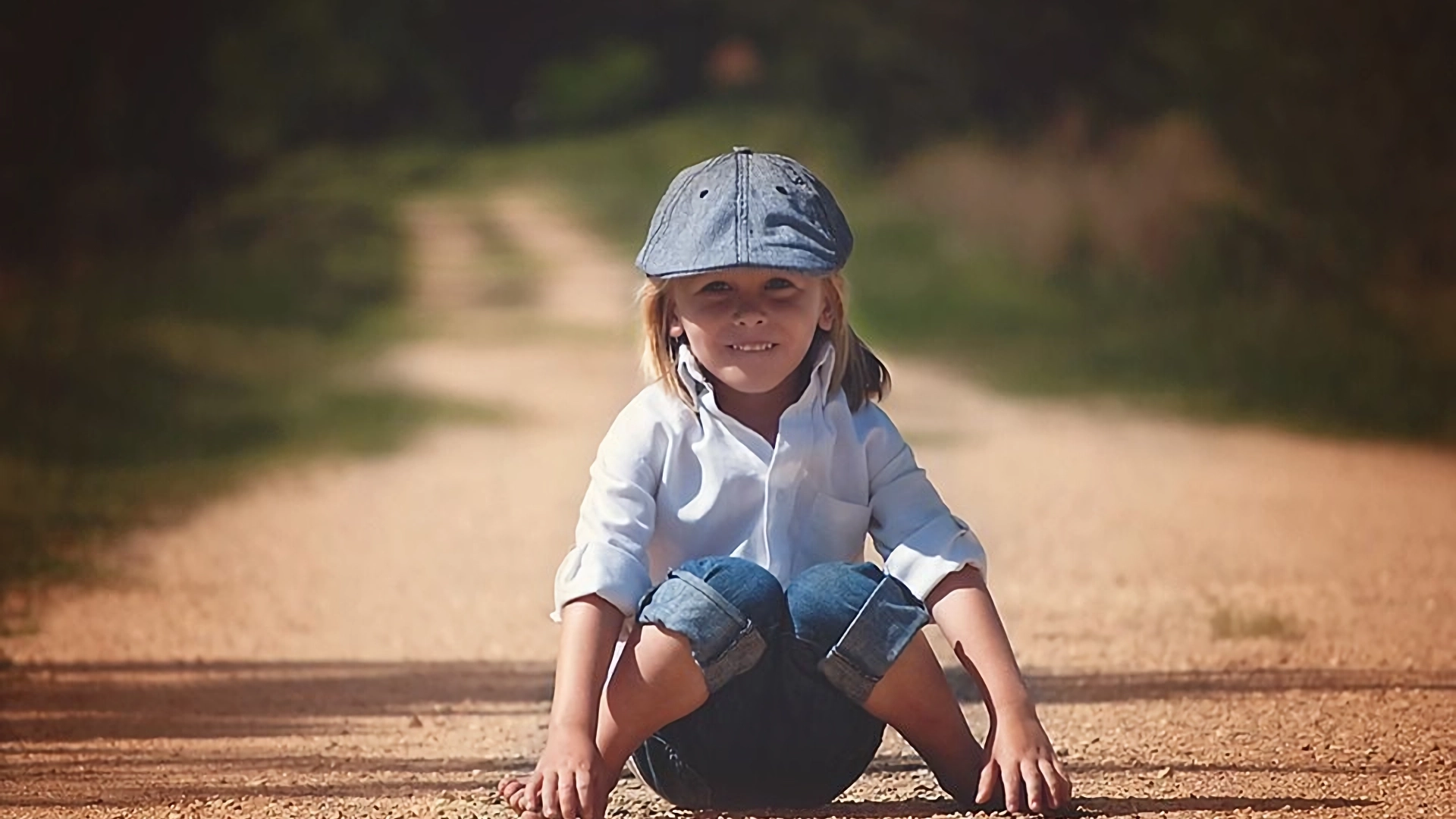"When a child feels confident in himself, then he stops seeking the approval of adults at every step"
Maria Montessori.
As always happens in educational matters, there are faithful defenders and sharp detractors of the pedagogy that Maria Montessori enunciated at the time. Many affirm that today teaching, as it is structured, does not see the methodology introduced by the famous Italian educator at the end of the 19th and beginning of the 20th century as viable.
For María Montessori, the school is not a space intended solely for a teacher or a professor to transmit knowledge in a directive way, Montessori, above all, defended that the child himself develop his abilities in a more free way from specialized didactic material.
►The pedagogical perspective of Maria Montessori
The classrooms had students of different ages, where the children themselves were free to choose the material to work on, and to expand their skills autonomously. They were the ones who marked their learning speed according to their particularities, always wrapped in a less rigid context, where the blackboards ceased to be so important, and where the children had freedom of movement in the classroom.

To this day, this method, which emphasizes above all the freedom of learning and the responsibility of the student himself in his content acquisition process, is not sufficiently appreciated because there is not enough information.
The support, guidance and care of parents is essential to raise happy children, autonomous adults and good people tomorrow.
► Commandments of María Montessori for fathers and mothers
Here we leave 15 of those principles that María Montessori enunciated at the time, and that will surely be of help to you.
- Always remember that children learn from what is around them. Be your best role model.
- If you criticize your child a lot, the first thing he will learn is to judge.
- Instead, if you praise him regularly, he will learn to appreciate.
- What happens if you show hostility to the child? he will learn to fight.
- If the child is ridiculed regularly, he will be a timid person.
- Help your child grow up feeling safe at all times, that's when they learn to trust others.
- If you look down on your child frequently, a very negative feeling of guilt will develop.
- It encourages your child to see that their ideas and opinions are always accepted, with this we make them feel good about themselves.
- If the child lives in an atmosphere where he feels cared for, integrated, loved and necessary, he will learn to find love in the world.
- Do not speak ill of your child, neither when he is around, nor when he is not.
- Focus on the fact that your child is growing and developing optimally, always value the good of the child in such a way that there is never room for the bad.
- Always listen to your child and respond when he approaches you with a question or comment.
- Respect your child even if he has made a mistake. Support it. Will correct it now or maybe a little later.
- You must be willing to help your child if he is looking for something, but you must also be willing to allow him to find things on his own.
- When you address your child, always do it in the best way. Offer him the best that is in yourself.
"When a child feels confident in himself, then he stops looking for adult approval at every step."
Maria Montessori
Font: Natural Mom
